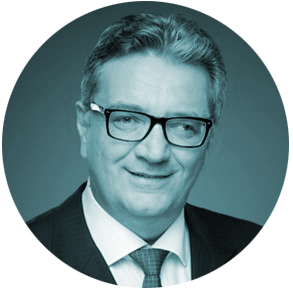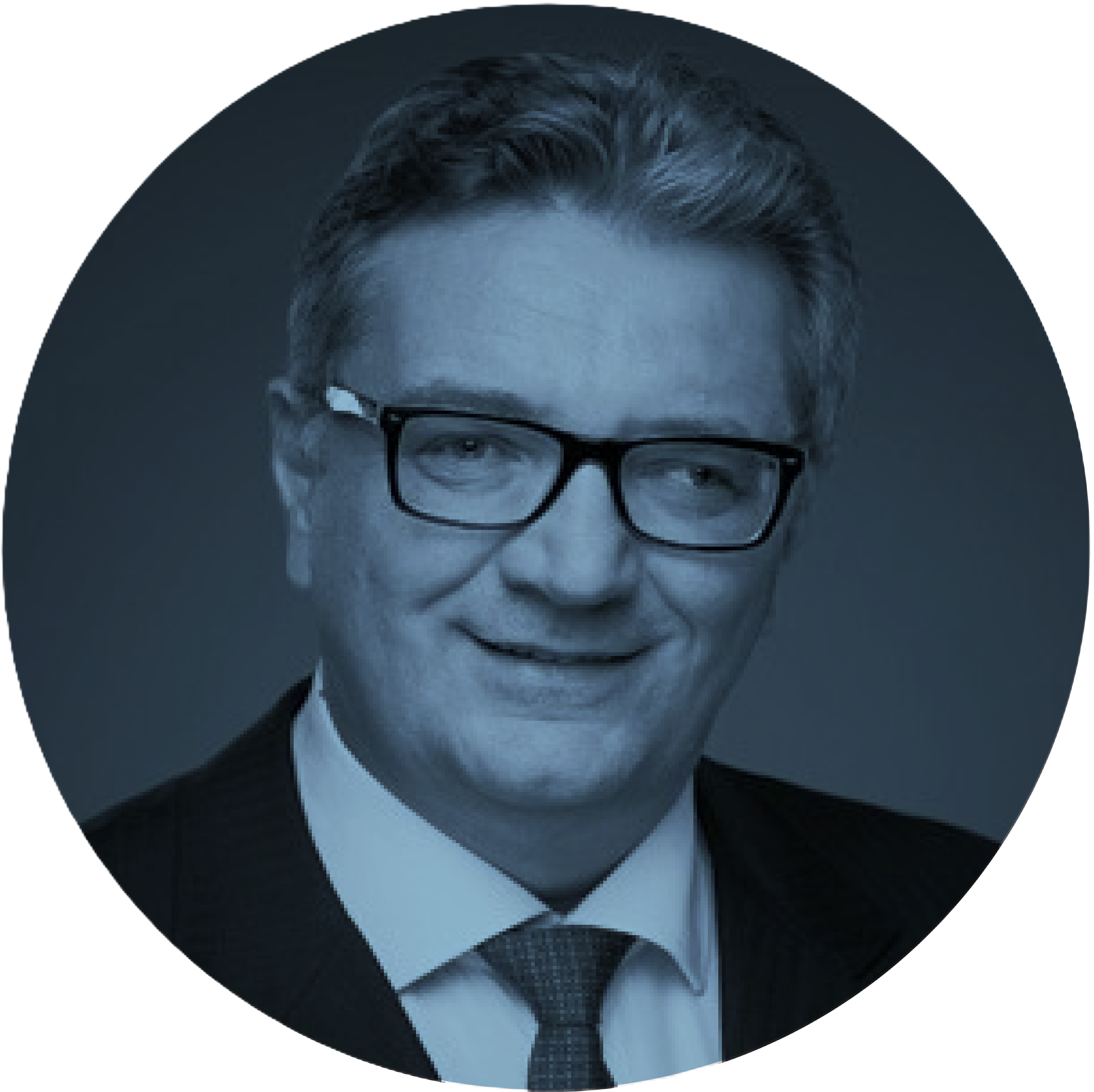Vienna
- City: Vienna
- Country: Austria
- Population: 1 766 746
- Location: 48.210033|16.363449
Other cities with pledges for similar principles
Antwerp
Athens
Barcelona
Berlin
Bilbao
Birmingham
Bologna
Bristol
Brno
Brussels
Dusseldorf
Essen
Florence
Ghent
Gijon
Glasgow
Hamburg
Hanover
Istanbul
Katowice
Leeds
Leipzig
Lille
Ljubljana
Lodz
Lyon
Madrid
Malmo
Munich
Nantes
Nicosia
Nuremberg
Pau
Poznan
Rennes
Riga
Rotterdam
Stuttgart
Tallinn
Timisoara
Turku
Utrecht
Vantaa
Warsaw
Zagreb
Zaragoza



On 15 June, the Executive City Councillor for Climate, Environment, Democracy and Personnel, Jürgen Czernohorszky signed new pledge to the EU Pillar of Social Rights, respectively on principle 20 access to essential services. Vienna advocates that each region and city must have the freedom to decide as how to manage and deliver public services. Vienna commits to continue equal access to all essential services for all its citizens.
Vienna is committed to continue and step up its work for the promotion of access to essential services by investing in quality services:
- Water:
- Vienna was the first federal state in Austria to protect drinking water and its spring protection forests with a constitutional provision. The Vienna Water Charter permitted the security of the spring water as the basis of life for future generations.
- The construction of the third main water line leading to an improvement of the local and supra-regional security of water supply in Vienna
- Easy and free access to fresh Viennese spring water at 1100 drinking fountains and additional 25 mobile drinking water fountains in public spaces.
- Waste Water Management:
- The city of Vienna operates a sewer network with a length of 2.500 kilometers for its citizens. Half a billion litters of wastewater from 1.9 million people and 170.000 buildings are transported safely and environmentally friendly to the sewage treatment plant every day.
- 8 % of all households in Vienna are connected to the urban sewer in network and its full expansion will be completed by 2023.
- Energy:
- Development of a sustainable energy system characterized by a high degree of supply security, reliability, stable and affordable energy prices, a significantly reduced level of environmental impact, and a clear commitment to decarbonization for a future-proof energy policy.
- Large investments conducted for expanding and maintaining generation and distribution infrastructure.
- Energy consulting and energy support scheme for citizens in disadvantaged situations as part of the local energy policy goals for ensuring that the entire population meets the energy demand and affordable prices.
- Access to innovative, sustainable, affordable energy solutions in subsidised housing:
- The city of Vienna has been reactive to climate change and increasingly relying on innovative solutions to guarantee the highest level of comfort throughout the year.
- The promotion of renewable energy communities (REC) represents an essential building block for the expansion of renewables. Vienna is preparing a contact point for renewable energy generation systems and a one-stop for renewable energy communities.
- Mobility:
- Vienna has been investing in the food quality and affordability of the transport sector. 71% of all traffic routes are covered by public transport, bicycles or even on foot and the city invests in hydrogen buses and E-buses.
On 18 September 2019, The Vienna Executive City Councillors, Peter Hacker and Jurgen Czernohorszky signed new pledge to the EU Pillar of Social Rights, respectively on principle 19 housing and assistance for homeless and on principle 11 early childhood education and care.
On early childhood education and care, Vienna is committed to promote good quality services by:
•An education plan for all the kindergartens, providing support for activities related to communication, language, culture and technology.
•Creating additional kindergarten places for children aged 0 to 2.
•Introducing non-contributory kindergarten system, free of charge for all children from 0 to 5 years old. Since 2009, more than 250 000 children benefit from this system and parents have saved up to 3,000 EUR annually.
•Improving the training of kindergarten staff with new pedagogical training programmes.
To combat homelessness, Vienna is proposing a new strategy for 2019-2022 including:
•Better coordination between eviction prevention and the counselling centre for supported housing services as well as the expansion of the outreach services.
•Providing standard emergency accommodation and immediate counselling.
•Reinforcing Housing First solutions and long-term institutional alternatives (instead of overnight shelters and transitional accommodation).
•Establishing peer support, former homeless persons are complementing and supporting social workers with their insights experience.
With holistic approaches, Vienna is putting the inclusion and wellbeing of all its citizens at the heart of its social policies.

On 8 January 2019, Vienna became the 6th city to sign a pledge to the EU Pillar of Social Rights with a strong commitment to principle 2 on gender equality.
Vienna has a long-standing tradition of gender equality policies for over 25 years. Equality between women and men is a key priority mainstreamed in all areas of the city administration, including human resources, urban planning, education, women’s health and labour market policies.
Vienna is committed to continue and step up its work for gender equality by investing in:
- A fifth safe shelter for women and children who have experienced domestic violence (to be built in 2020 with 50 places).
- Advice centres with 24-hour women’s emergency helpline.
- Free childcare for all children from birth to six years of age (currently 90% of children aged 3-6 attend childcare) with a focus on gender-sensitive education.
- Support participation of over 3,000 girls and 160 businesses each year to the ‘Take Our Daughters to Work Day’ to empower girls from an early age to overcome gender-role stereotypes and explore careers in all fields of work.
- Vienna Employment Promotion Fund supports women to enhance their skills and qualifications.
- Vienna Business Agency supports career development of women in traditionally male-dominated sectors by granting bonuses for women in top jobs.
- Integrating gender clauses in public procurement
Vienna’s councillor for women’s issues and housing, Kathrin Gaal, stated: “We are convinced that we can only achieve equality if it is perceived as a cross-cutting topic that concerns us all. In the next years, we will focus on gender and digitisation, working with girls and boys to overcome gender stereotyping and taking prevention efforts to achieve equality in the labour market”.

